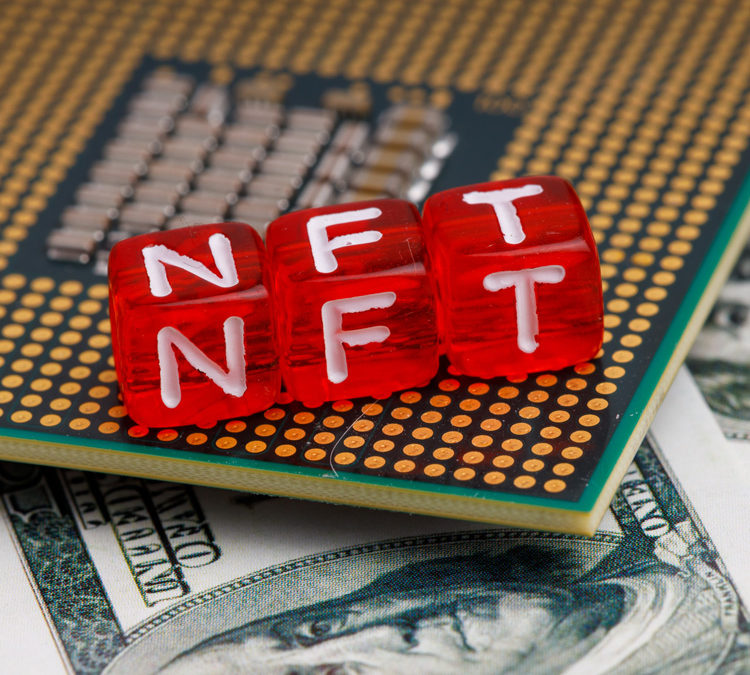Tools & Resources
Choosing Business Entities
Now that you’ve decided to launch your own business, have you decided on the business entity? If not, below please find a simple “pros” and “cons”...
Noncompete Agreements
Do you have a Noncompete Agreement with your current employer and do not know how to get out of it? A Noncompete Agreement is meant to protect an...
Why estate planning is important
No one likes to think about their own death, but preparing end-of-life documents, such as a last will and testament, can give you great peace of...
Non-Fungible Tokens and Possible Copyright and Trademark Violations
As popular as NFTs are, the legal community appears to be struggling to come to a consensus on how to deal with most NFT and trademark or copyright...
Common Definitions You’ll Hear in Estate Planning
Beneficiary = Person (or organization) who receives benefits as described in a Will. Bequests = Gifts of money or items of property made in a Will....
Revocable Living Trusts Explained
A revocable living trust is an agreement between the grantor (the person creating the trust) and the trustee to manage the trust property for the...
What are the Advantages of a Revocable Living Trust?
1) Flexibility - The revocable living trust can provide a flexible mechanism for managing assets should a person become incompetent or has...
What are the Disadvantages of a Revocable Living Trust?
1) No court oversight - If there are concerns over intrafamily suspicions and feuds, or if there may be discomfort of a family member acting as a...

Noncompete Agreements
Do you have a Noncompete Agreement with your current employer and do not know how to get out of it? A Noncompete Agreement is meant to protect an employer from having an employee “steal” its clients or its proprietary business knowledge when the employee leaves. A...

Why estate planning is important
No one likes to think about their own death, but preparing end-of-life documents, such as a last will and testament, can give you great peace of mind now, knowing your wishes will be followed when you're gone. Still, getting together a last will can seem like a...

Non-Fungible Tokens and Possible Copyright and Trademark Violations
As popular as NFTs are, the legal community appears to be struggling to come to a consensus on how to deal with most NFT and trademark or copyright violations. Famous brands claim that NFT creators are stealing their rights to monetize on their brands on the metaverse...

Common Definitions You’ll Hear in Estate Planning
Beneficiary = Person (or organization) who receives benefits as described in a Will. Bequests = Gifts of money or items of property made in a Will. Cash = All bank and financial accounts which reflect cash investments only. Includes checking and savings accounts, bank...

Revocable Living Trusts Explained
A revocable living trust is an agreement between the grantor (the person creating the trust) and the trustee to manage the trust property for the benefit of the beneficiary (usually the same person - the grantor). When the grantor transfers property to the trust, the...

What are the Advantages of a Revocable Living Trust?
1) Flexibility - The revocable living trust can provide a flexible mechanism for managing assets should a person become incompetent or has diminished capabilities. 2) Avoid probate - probate is a judicial process where a will is reviewed (typically) by a judge to...

What are the Disadvantages of a Revocable Living Trust?
1) No court oversight - If there are concerns over intrafamily suspicions and feuds, or if there may be discomfort of a family member acting as a successor trustee to wind up the affairs of a deceased family member, then judicial oversight may not be a bad idea. No...






